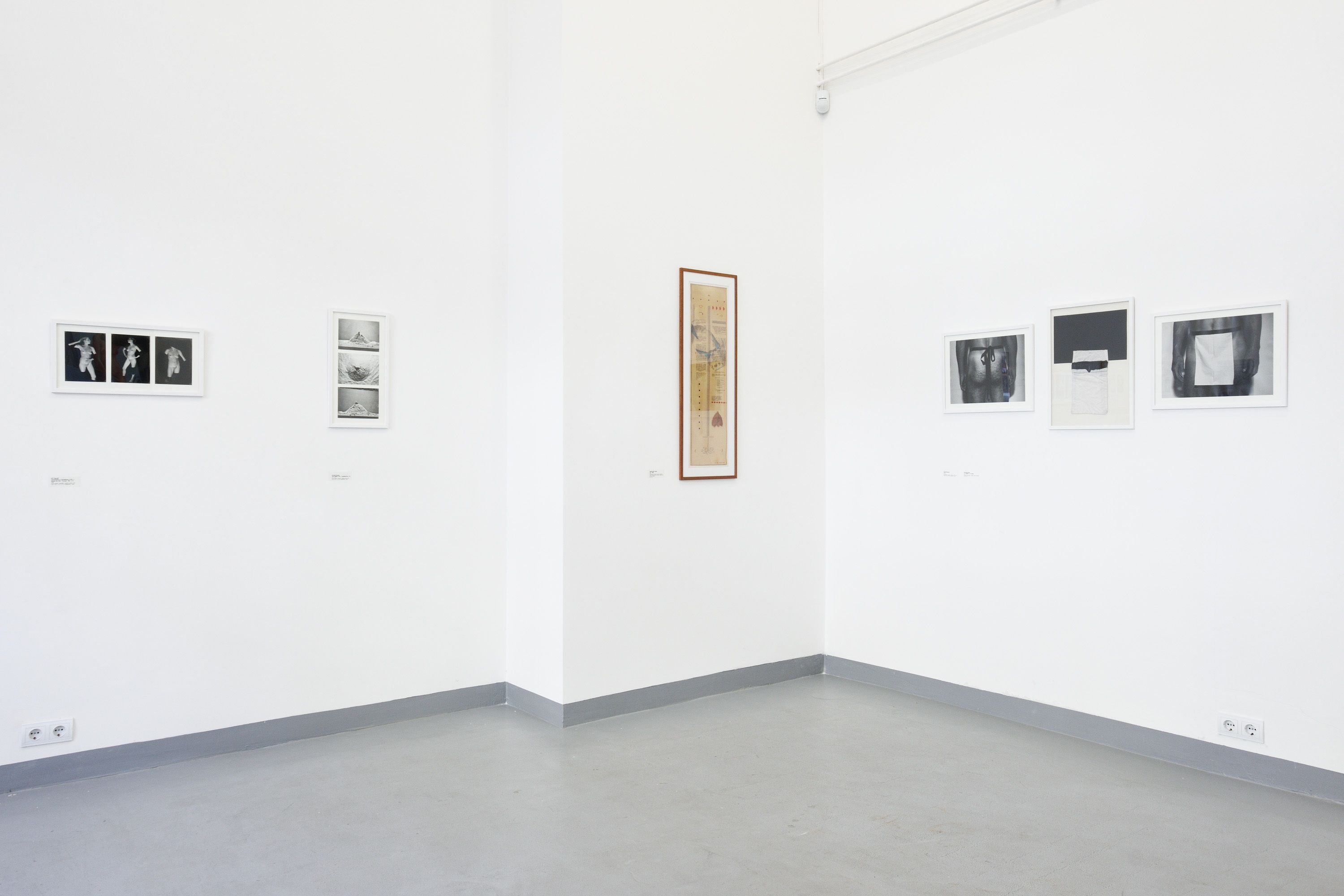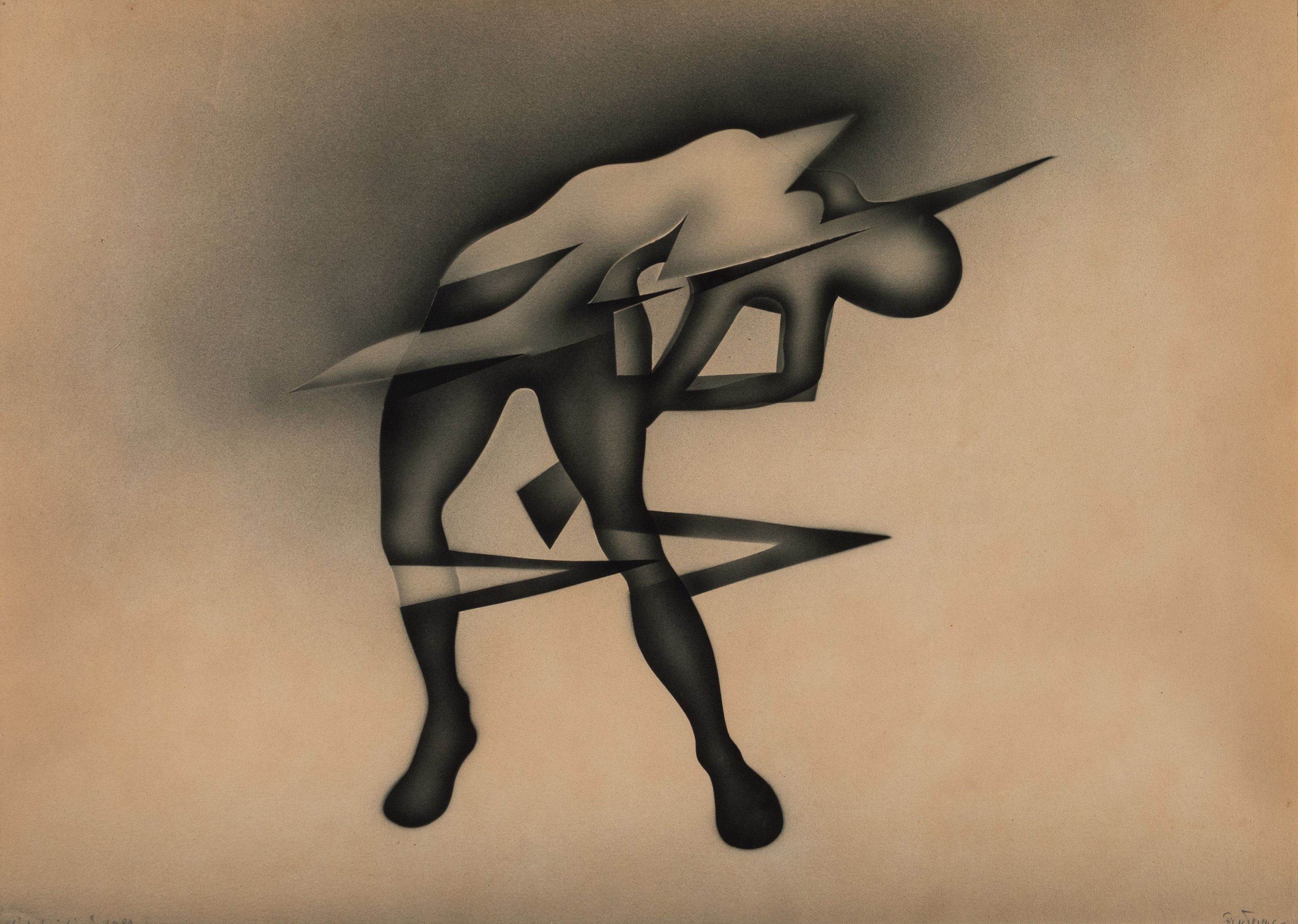Heat
| Venue: | acb NA |
| Date: | Jul 07 – Aug 03, 2017 |
Description
According to Michel Foucault, the history of sexuality should be observed in terms of the discourses of oppressive powers. Throughout the centuries, these systems of power introduced not merely prohibitions, but new moral principles that enforced and implemented these moral prohibitions. Throughout the twentieth century, Soviet type regimes represented a conservative and repressive morality in their rhetoric, which pushed the aspects of body, physical joy and eroticism into the background. In the cultural system of socialist realism, the representation and aesthetic of the body fulfilled ideological expectations and defined itself as opposed to the promiscuous world on the other side of the Iron Curtain. Despite the control of official discourses and the media, as early as the beginning of the sixties, some rifts started to appear regarding the issue of eroticism and body use. As youth subculture grew stronger in Budapest as a kind of parallel reality and began considering itself as a part of international pop culture and fashion and then of the global sexual revolution around 1968, the body gradually lost its controlled ideological role. The uncontrollable social fabric of concerts and house parties repossessed the misappropriated notions of sexuality and eroticism and gave them a role in visual culture as well.
The new exhibition of acb NA focuses on – mostly little known – works that reflect the relationship of the pre-1989 Hungarian underground to erotic culture. The particular language represented in the exhibited photographs, visual poems and panel painting confirms that the neo-avant-garde not only repossessed the notion of the body, but also critically reflected on it and made it the subject of visual explorations. As an important emphasis of the exhibition, the traditional, male-dominated discourses are counterpointed with alternatives offered by women artists who, by aspiring to develop their own distinct language use, marked the appearance of a feminism-inspired approach.



